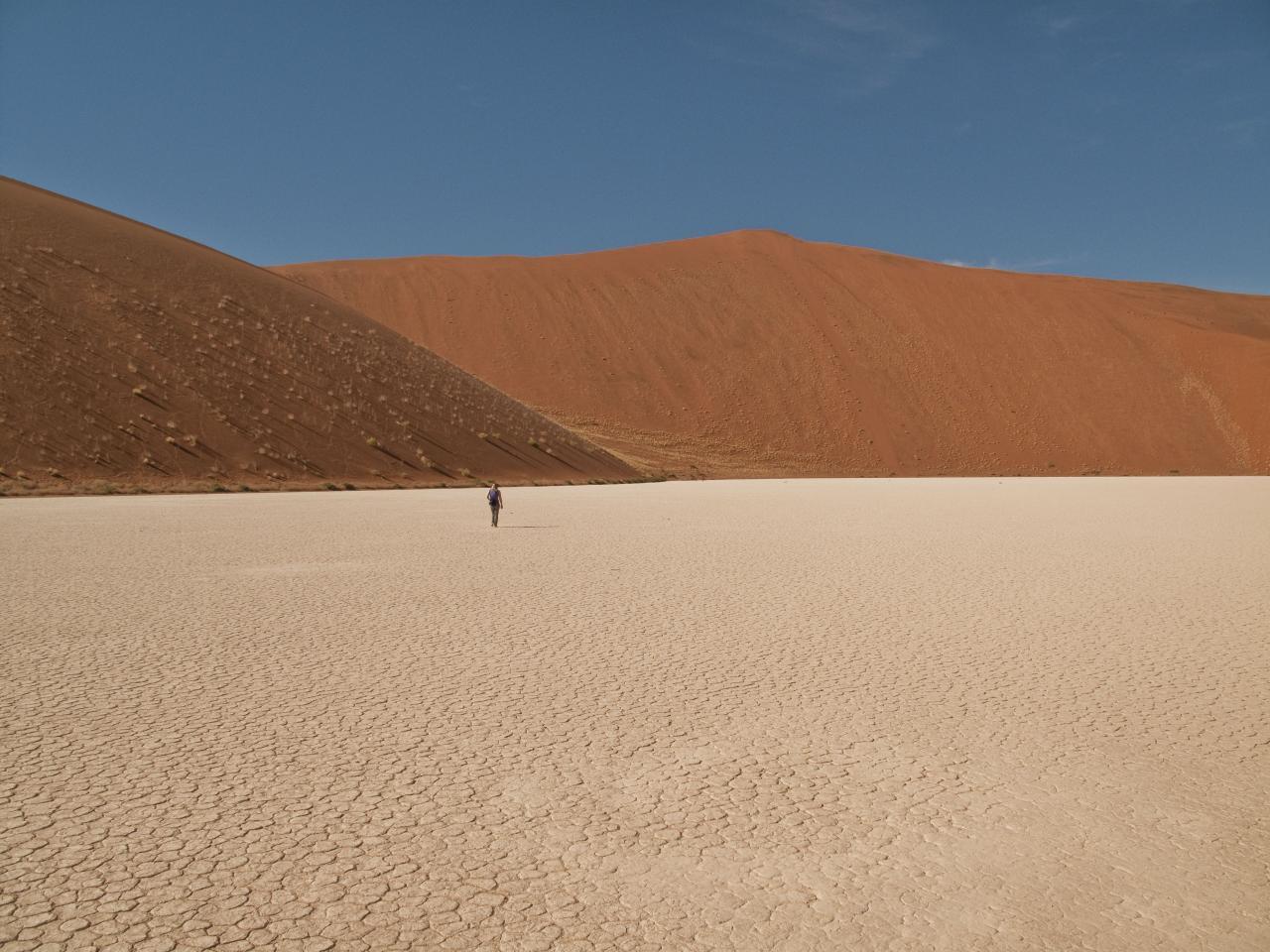Fury Road: Did Oscar-winning ‘Mad Max’ damage world’s oldest desert?
The otherworldliness of Namibia.
The Namibian desert, with its stark, lunar landscape, makes an ideal dramatic backdrop for a post-apocalyptic movie.
"Max Max: Fury Road," which on Sunday won six Oscars, was filmed in this desert's dusty dunes. The production relocated to Namibia from Australia after unusually heavy rains Down Under turned a normally dry landscape green.
But while parts of Namibia have the look of a wasteland, this rugged exterior hosts a fragile ecosystem. Residents and environmentalists have complained that the film crew's work in the Namib Desert caused damage to sensitive areas, and potentially to the small reptiles and rare cacti that live there.
Much of the filming, which took place in 2012, was based in Dorob National Park near Swakopmund, a former German settlement and resort town on the southern Atlantic coast.
A photo posted by Roadshow Entertainment (@roadshowau) on
A tour guide who works in the area accused the Mad Max crew of filming in a sensitive area of the park's sand dune belt, local media reported at the time.
The crew was also accused of leaving tire tracks in previously untouched areas.
The Namib Desert — the world's oldest, estimated at between 50 to 80 million years old — stretches from northern South Africa to Angola.
The most arid parts of the desert receive less than half an inch of rain a year, making the plant and animal life dependent on fog that rolls in from the ocean. Tire tracks on the desert's gravel plains can take decades or more to disappear.
“What is worse is the film crew tried to remove the marks they left themselves by dragging nets over them, ripping plants out,” the guide, Tommy Collard, told AFP. “One cannot rehabilitate the landscape of the Namib Desert.”
The draft of an independent environmental report, leaked in 2013, also claimed that sensitive areas had been damaged.
The report said that public and environmental consultation prior to the filming was insufficient. According to the researcher, Joh Henschel, the film was granted permission before new environmental legislation took effect.
But the government-run Namibia Film Commission angrily denied any issues with the filming, placing a full-page ad in a local newspaper proclaiming that they gave "Mad Max: Fury Road" a "clean bill."
In any event, the Academy didn't take environmental impact into account doling out its awards.
